The Artillery School in Berlin (IV)
From the Memoirs of Major General Franz von Lenski (1865-1942)
In the 1920s, Franz von Lenski (1865-1942) wrote a memoir of his adventures as a junior officer in the last two decades of the nineteenth century. The post the follows continues our serialization of the fourth chapter of this book, the one that deals with the year that Major General Lenski spent as a student at the United Artillery and Engineer School in Berlin. (The links listed at the bottom of this page, in the section marked ‘for further reading’, will take you to other posts in this series.)
From the point of view of the general development of the young artillery officer, the year in Berlin wrought considerable change. He matured, educated himself, attended theaters, visited museums, and circulated in new social circles. Indeed, the smaller his home garrison, and the greater its proximity to Podunk, the easier it was to see this metamorphosis.1 Of course, when left to their own devices in Berlin, one or two officers ran aground. In the provinces, with their regiments to look after them, they might have postponed this fate. On the whole, however, such fruit hung so loosely on the tree that any wind could have shaken it free.
The closing of the Artillery School owed much to a larger tendency within the field artillery, one that led to both many disastrous results and a few good ones, towards an overvaluation of the horse and an under-appreciation of the cannon, that is, the belief that the true nobility and the actual value of the arm began, rather than ended, at the tail end of the pole horses.
Allow me to repeat, a reform could have been implemented with ease. The course in Berlin could have been reduced by several weeks, creating time for riding lessons, a course in gunnery at Jüterbog, and participation in autumn maneuvers. Officers who were particularly skilled in mathematics and ballistics - I’m not sure how many of these there may have been - could have been sent to the Military Technical Academy for a second or third year of instruction. This would have provided the Artillery Testing Commission with excellent recruits and so done much good for the Army.
We did not do this. Consequently …
As soon as the reformation for the worse had been completed and the Red House in Charlottenburg lost most of its tenants, the cavalry seized the opportunity to propose the conversion of the building into a tactical school for young cavalry officers.2 The motive behind this plan had nothing to do with an attempt to steal a march on the Military Technical Academy, which would eventually take over the spaces vacated by the Artillery School. Rather, the proposal stemmed from the fact that the cavalry had a better understanding of what [sort of training] was needed [by junior officers] than the artillery did. The latter did not know how fortunate it was to have such a school, and so, contemptuous of its own best-interest, it treated it like a worn-out coat.
To be continued …
Source: Franz von Lenski Aus den Leutnantsjahren eines alten Generalstabsoffiziers [From the Years an Old General Staff Officer Spent as a Lieutenant] (Berlin: Georg Bath, 1922) Chapter 4 ‘Die Vereinigte Artillerie- und Ingenieurschule zu Berlin’ [‘The United Artillery and Engineer School at Berlin’]
For Further Reading:
To Share, Support, or Subscribe:
I used ‘Podunk’, a New Englandism of great antiquity, to translate the German word Posemuckel. If you hail from another part of the Anglosphere, please substitute the name of a small, somewhat isolated, town, real or imagined, that suffers from a paucity of cultural amenities.
‘The Red House’ seems to be a nickname for the building that housed the United Artillery and Engineer School. Located just beyond the city limits of Berlin, it was, by the letter of the law, if not in spirit, located in the suburb of Charlottenburg.






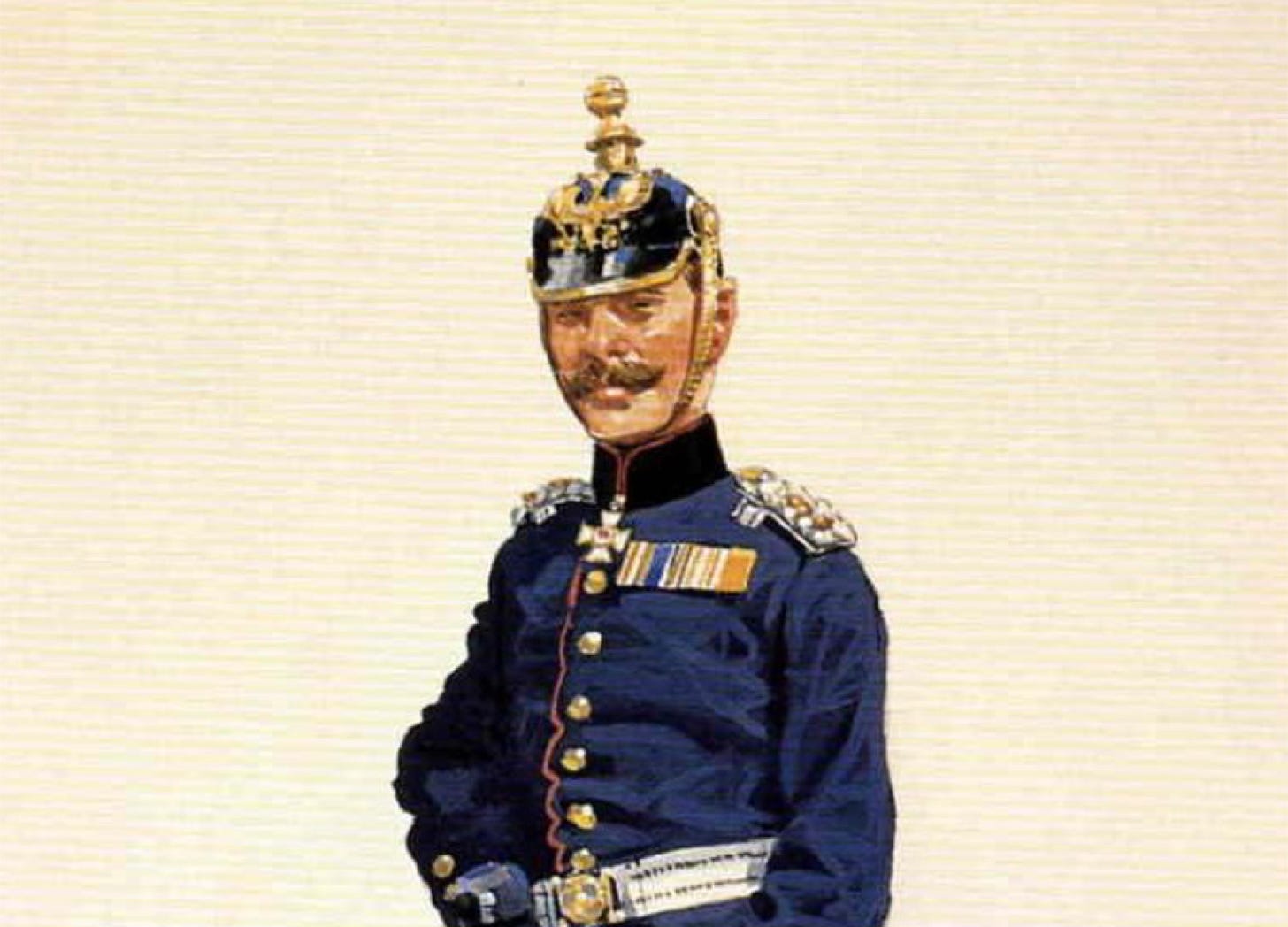
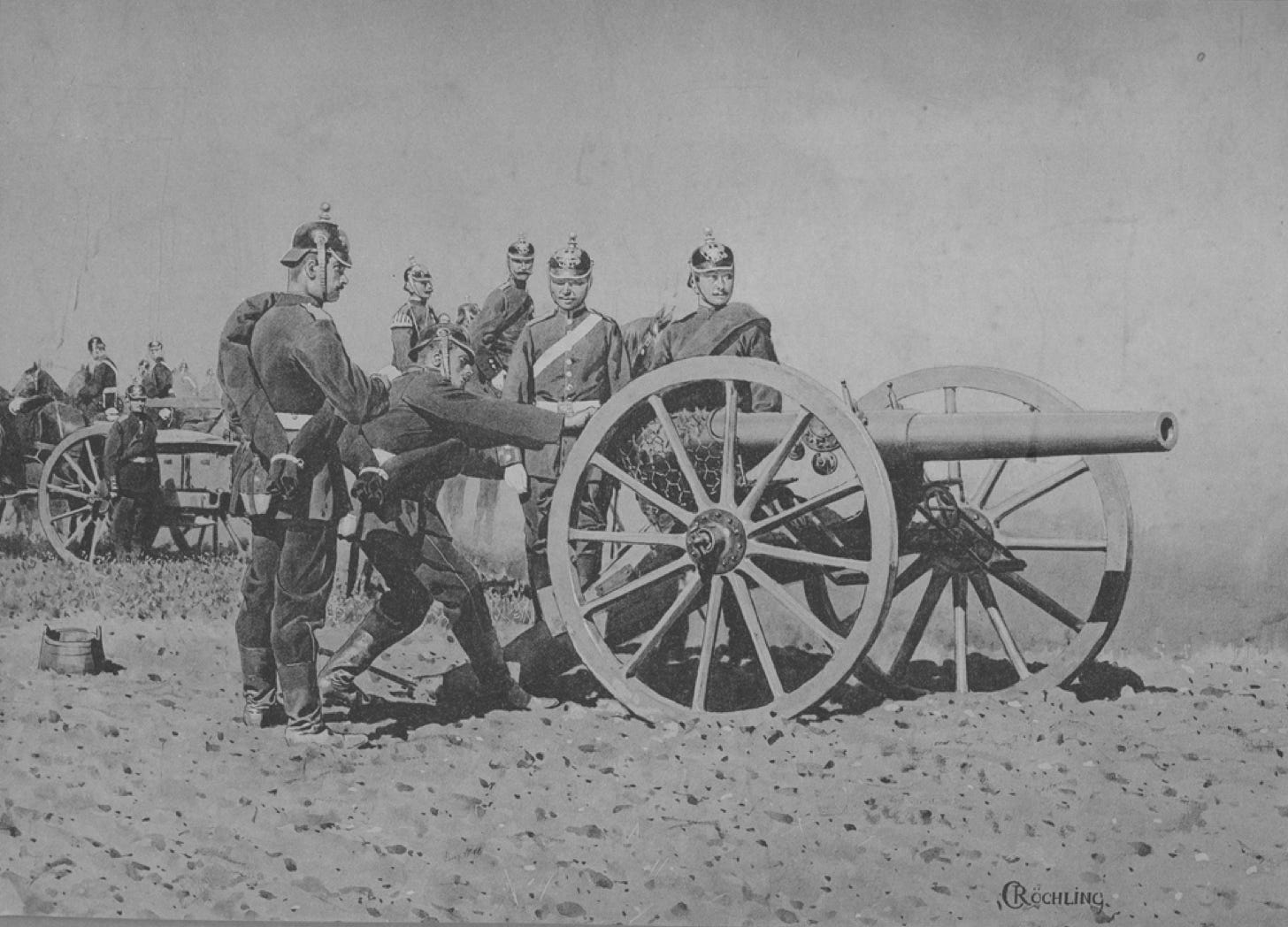
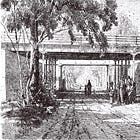
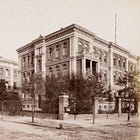

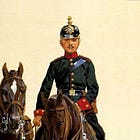

I’ve shaken free in the provinces a time or two myself… but if you make next formation all is well.
Of course they ruined that by having constant formations.
That’s simply rank unfit for danger..